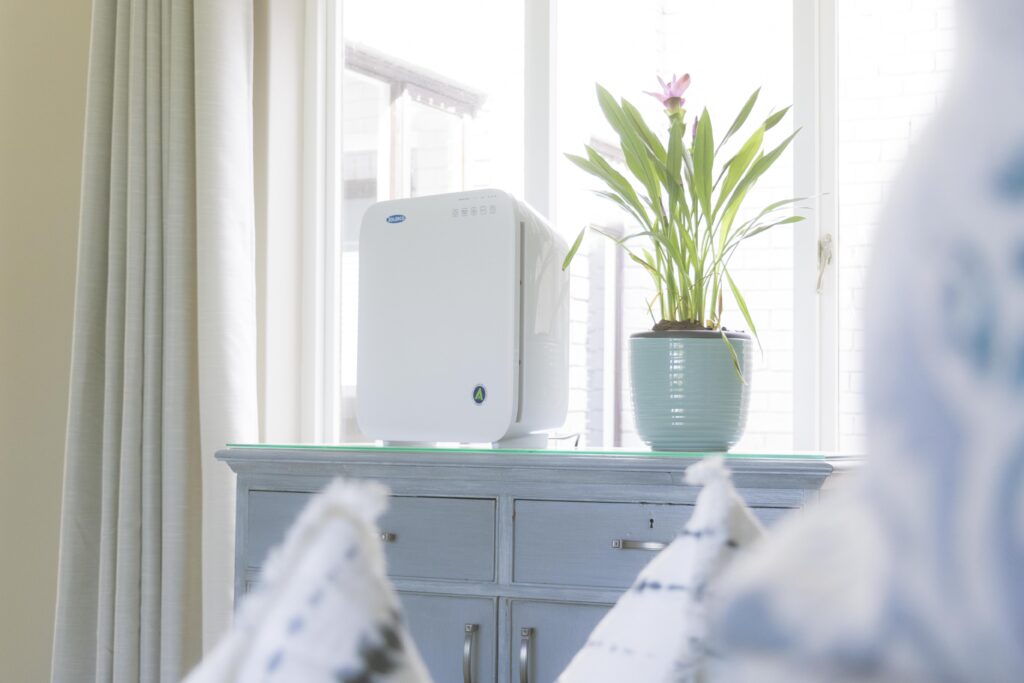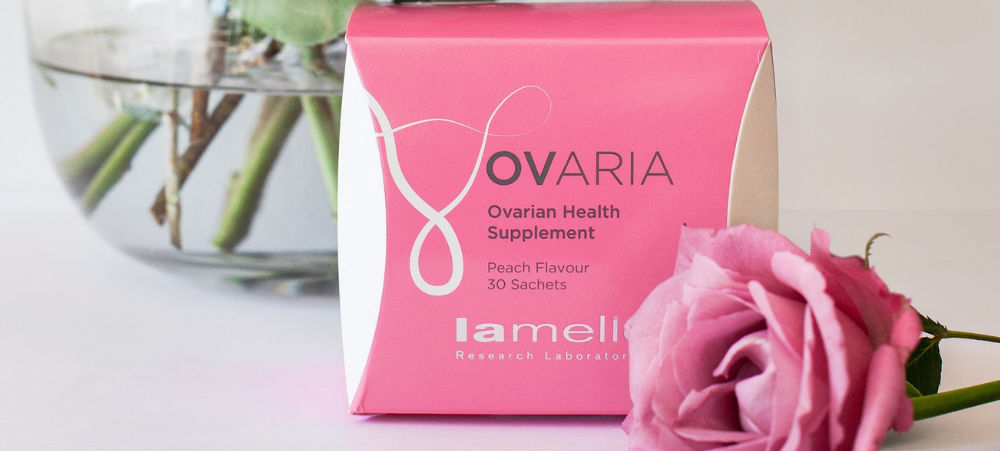Loadshedding.
It’s our very own South African swear word. Whether it’s level 2 or stage 4, or possible, or definite, or possibly definite, loadshedding causes stress. Extra hours spent in traffic; dodgy connectivity; and, for the parents among us, also the challenges of getting kiddies homework-ed, bathed, fed and into bed, all with no power.
Unfortunately, the loadshedding stress isn’t going anywhere any time soon. And, there’s another serious health hazard connected with our country’s coal-fired electrical supply, which we don’t talk about enough: Air pollution.
Here’s some geography: The coal fields between eMalahleni and the Highveld are responsible for around 84% of South Africa’s production, and are the second-worst sulphur dioxide pollution hotspot in the world. Read that again. In. The. World.
As background, here’s some science from Greenpeace: The burning of coal puts harmful toxins into the air, such as fine particulate matter, nitrogen dioxide, sulphur dioxide, lead, mercury, and other heavy metals. Coal combustion emits microscopic sulphate particles that are small enough to enter the bloodstream and have been linked to a slew of health issues, including respiratory system inflammation resulting in coughing, throat irritation and breathing difficulties. They can impair lung function, worsen asthma attacks, and exacerbate pre-existing heart disease.
Bianca Leonard, Marketing Manager of air treatment specialists, Solenco, says that if you think you’re protected from such air pollution because you spend most of your time indoors, you’re wrong. “If particles are small enough to enter your bloodstream, you can be sure that they’re being carried in the air, in your car, in your home – in fact, wherever you are.”
And, says Leonard, while air pollution affects everyone, women are especially vulnerable. Here are the two most significant ways that dirty air affects women’s health:
1. Heart health
Worldwide, heart disease is the number one cause of death for women. Post-menopausal women are at even higher risk as they often have higher blood pressure and cholesterol, and lower hormonal levels. At the same time, the most common diseases caused by air pollution include heart disease and stroke, especially if there’s a predisposition to these conditions.
2. Infertility
A recent analysis of 18,000 couples in China found that those living with moderately higher levels of small-particle pollution have a 20% greater risk of infertility (not falling pregnant within a year of trying). The study design didn’t enable the scientists to determine how air pollution might reduce fertility, but pollution particles are known to cause inflammation in the body, which could damage egg and sperm production. Another recent study of 600 women attending a US infertility clinic found that increased exposure to air pollution is associated with a lower number of maturing eggs in the ovaries.
Unfortunately, in South Africa at least, ‘clean’ electricity constitutes only about 14% of the national power grid and, while there are plans to expand this, the solution is (light!) years away. In the meantime, says Leonard, women can protect themselves by investing in an air purifier to ensure clear air in their homes.
Not all air purifiers are created equal though, she cautions: “When looking at a home air purifying system, it’s important that you look for one that carries the Allergy Foundation of South Africa’s (AFSA) stamp of approval.” Leonard says that when it comes to filtration systems in various air purifiers, they don’t all function the same way and you should be looking out for a product that contains both a H13 Medical Grade HEPA filter and an Activated Charcoal or Carbon Filter.

An Activated Charcoal or Carbon Filter captures harmful airborne chemicals and gasses such as SO2 (Sulfur Dioxide) and Carbon Monoxide.
HEPA stands for high-efficiency particulate air and works by forcing air through a fine mesh. There are various classes of HEPA filters, namely True HEPA and H13. With H13 being the best in class, it captures particles 3 times smaller than True HEPA filters, which makes all the difference when you consider the smallest particles that arise from asbestos, insecticide, tobacco smoke and virus carriers. H13 HEPA filters trap 99.9% of harmful particles including toxins, chemicals and metals generated by the coal industry, as well as pollen, pet dander and dust mites as small as 0.1 microns in size – smaller than the eye can see – and definitely small enough to pose serious health issues.”
We understand that there are many aspects that encompass a Mother, Father or Child and strive toward providing resources and services that accommodates this.
Our content is aimed to inform and educate families on issues starting from pregnancy through to the challenges of the teen-age years.
- Say Hello to the Ultimate Holiday Brunch Bite - December 17, 2025
- Tiny Toons Looniversity Returns: Meet the Voice Behind Plucky and Hamton! - December 12, 2025
- From Pain to Possibility: Panado®’s New Marketing Campaign, Highlights The Joy Of Pain Relief - December 10, 2025





